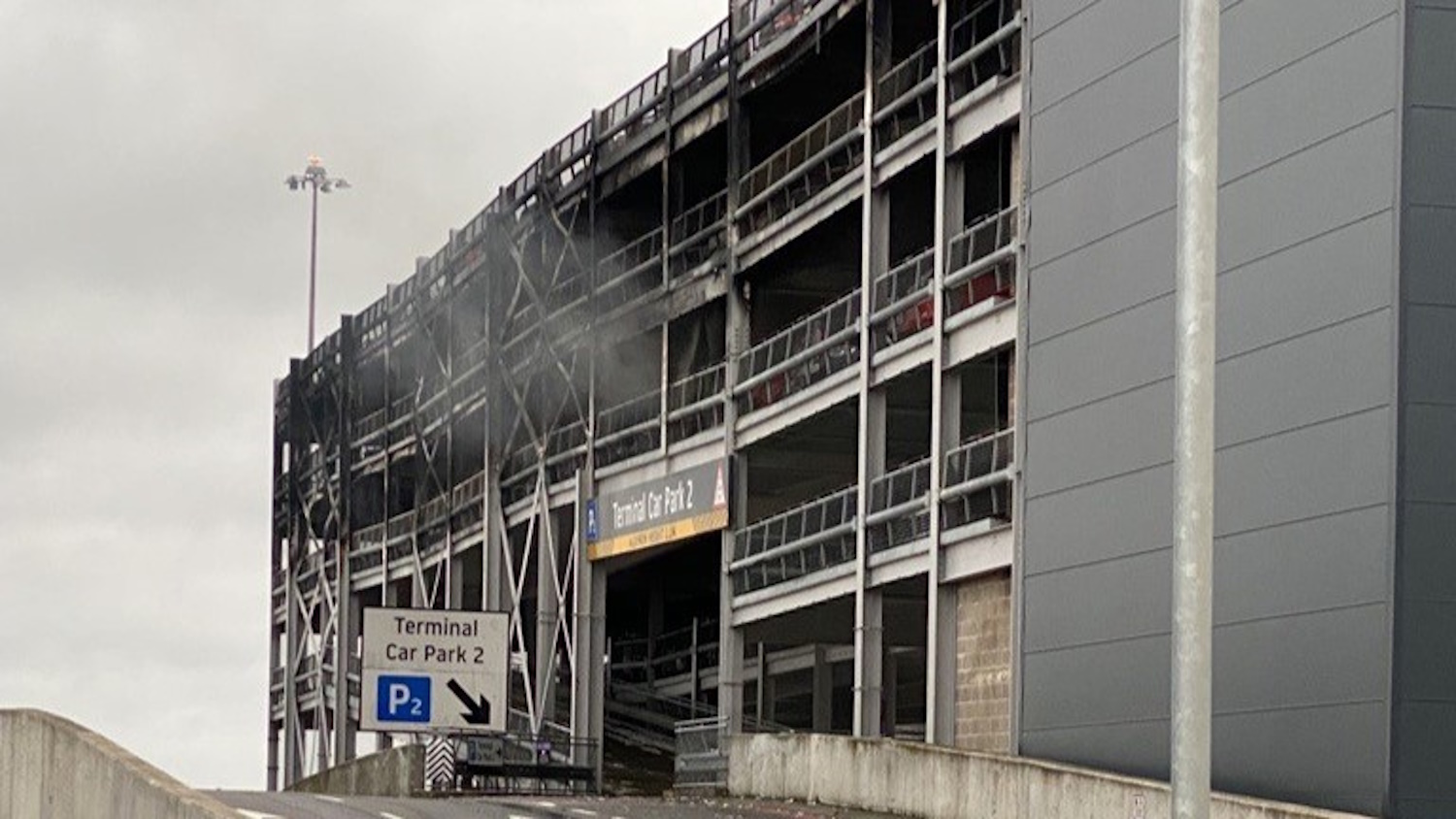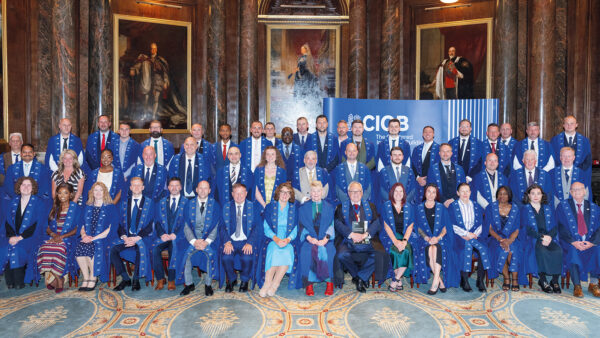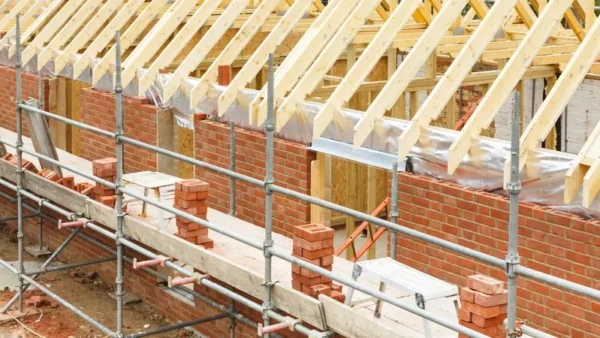A selection of readers’ comments about news and issues in the industry from across the CIOB community.
‘More should be done to support retrofitting of older homes’
Those at the top must actively pursue greener carbon-efficient solutions for older homes, and now is the time to act.
I highlighted in my research dissertation on Passivhauses that older homes could benefit from the similar EnerPHit standard to make them more energy efficient.
More should be done to support developers serious about retrofitting older homes, because these constitute a large proportion of the problem.
The Passivhaus model is very efficient and costs to build them will continue to fall as long as the appropriate training for a skilled workforce is put in place.
The quality of workmanship we have nowadays in the construction industry remains questionable, despite the automation and technology invested in the sector.
Nkechi Udonwa
Much of our older stock is very much older. I live in a 200-year-old house, terraced with a very small garden, and which is Grade 2-listed. Can somebody talk about this? There are thousands of us in this position. Even the Victorians thought droughts were healthy.
Michael A Brown
Response to Michael Brown. You’re right that there needs to be a discussion and decisions made on how we, as a country, want to manage our heritage buildings. There needs to be a plan for listed buildings, particularly Grade 2 like yours.
Essentially, the question is this – should we be upgrading their energy efficiency (e.g. internal wall insulation, double-glazed windows) or not? If not, then I believe homeowners should be compensated for higher bills. Otherwise, over time, no one will want the expense/discomfort of living in these houses and ultimately they will fall into disrepair.
(Perhaps the most significant buildings should end up in public ownership, for proper protection. But that’s another part of the story.) At least in a terraced house you only have two ‘heat loss’ walls – front and back!
Jon Blaza
What’s next after the cancellation of HS2 northern leg?
Just like when they cancelled the midland mainline electrification, all those companies that have spent time and money ensuring they have sufficient staff and plant and equipment will be forced to lay off those staff as they will no longer be needed.
Any projects that will apparently be undertaken from the redirected funds will be too far away on planning for companies to carry the staff.
Boom and bust is the biggest killer in the rail industry. A steady pipeline of work or opportunity to work is sorely missing.
Sean Seal
‘Are we learning lessons from previous fires?’

All safety aspects for the car park and car safety should have been taken into consideration for the valuation of the quote (estimate) for the project prior to commencement. A sprinkler system installation on all floors should have been compulsory. These cost-cutting exercises must stop! Imagine what this dilemma is going to cost the insurance companies!
David French
The SCOSS Alert of February 2018, Fire in Multi Storey Car Parks, makes interesting reading. Pity the lessons learnt from previous fires were not taken on board. I wonder how much this incident will cost Luton Airport etc, compared to the cost of installing sprinklers?
Phil Christopher
“The Fire Industry Association reiterates robust fire safety measures”? Mandatory is the way forward.
There shouldn’t be car parks with cramped spaces and no fire suppression. Planning and design sign-off needs to change quickly. Access/egress for cars and pedestrians needs attention, in particular, access/egress to and from adjoining roads/high streets.
A domestic garden fence built too high can have LABC visiting your home, but car parks with no sprinklers can be opened. Are we actually learning from tragedies or just ticking boxes?
We are supposed to be leaders of health and safety, let’s stop tip-toeing before there’s another tragic incident.
Matt (email provided)
Equipping tomorrow’s leaders with heritage skills
Creating mentorship and apprenticeship opportunities where experienced conservation specialists can pass on their knowledge and skills to aspiring professionals. This practical training approach can equip future leaders with the necessary expertise, while also fostering a deeper appreciation for heritage conservation.
By implementing this and other strategies, we can ensure that the leaders of tomorrow are equipped with the necessary heritage skills to preserve and protect our historic buildings for future generations.
Jason Ellam-Brown
Share your views on the latest industry issues by posting comments online at www.constructionmanagement.co.uk. Or email the editor at [email protected]











